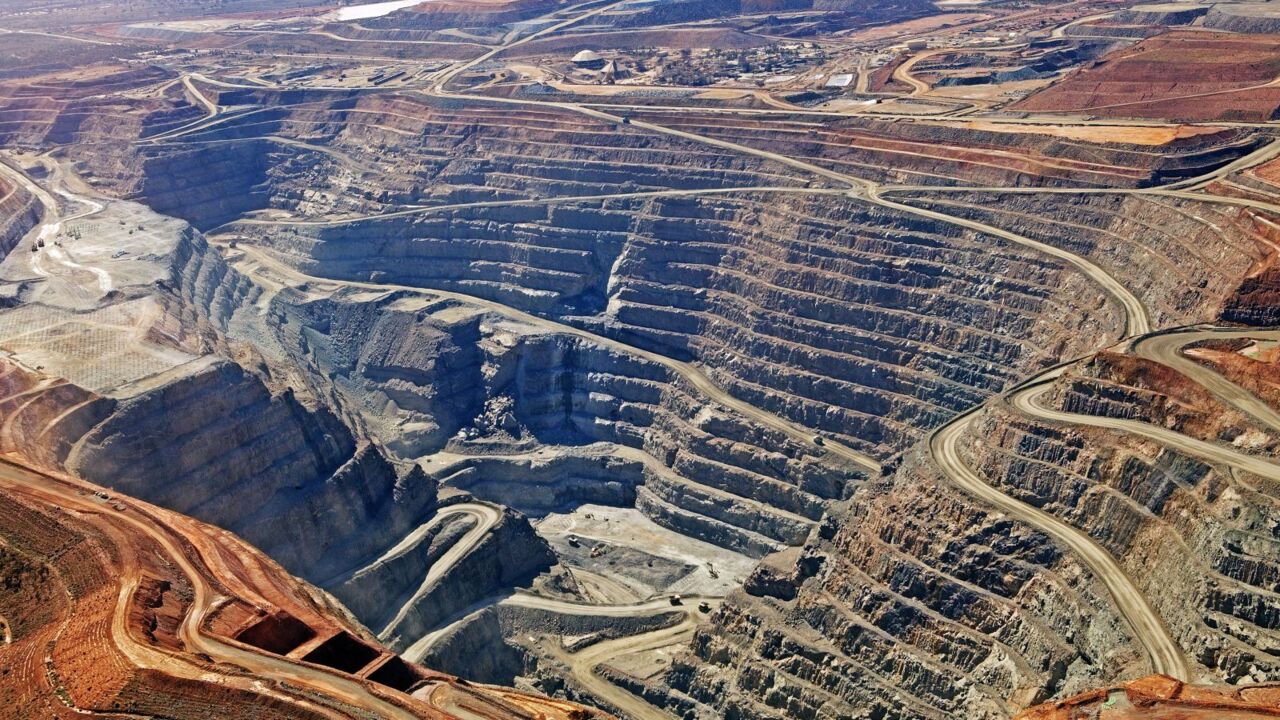Australian nickel industry wiped out, BHP halts nickel mining, impacting 2500 jobs
An Australian industry has been driven to its knees as its international competitor ramps up production at much cheaper prices.

Australia’s nickel industry has been driven to its knees as its Indonesian competitor ramps up production at much cheaper prices.
Last week, Aussie mining giant BHP announced it was suspending its vast nickel operations in Western Australia impacting its 2500-strong workforce.
“Like others in the Australian nickel sector, we have not been able to overcome the substantial economic challenges driven by a global oversupply of nickel,” BHP said.
The behemoth was referencing the fact that nickel has almost halved in value in the past 18 months.
Global nickel prices currently sit at US$16,725 a tonne compared to US$25,000 at the start of last year.
And Indonesia is largely to blame.

According to price reporting agency Benchmark Mineral Intelligence, Indonesia has become a super producer of the commodity.
The south East Asian country producers 49 per cent of the global nickel supply, when just eight years ago it accounted for less than five per cent, per Mining.com.
Australian mining analyst Tim Treadgold says that Indonesia’s nickel market is booming thanks to demand from electric vehicle manufacturers.
And there’s no doubt that Australia’s market has dried up because of Indonesia’s dominance.
“People say that the Indonesian nickel is dirty nickel, (but) that doesn’t seem to worry the electric car makers,” Mr Treadgold told the ABC.
“They just want the metal — they don’t really care where it comes from.”


BHP, which mines iron ore, coal, copper and nickel, will suspend mining and processing operations at its Kwinana nickel refinery, Kalgoorlie nickel smelter and Mt Keith and Leinster operations and suspend development of the West Musgrave project.
In the financial year to June 30, 2024, BHP reported an underlying loss of about $450 million at its nickel division.
The company will suspend operations until February 2027.
BHP plans to redeploy or offer redundancies to 1,600 of its frontline workers but thousands of contractors are set to miss out, big-time.
“This is very close to being the death knell,” the analyst, Mr Treadgold, told the publication.
“It has a degree of inevitability to it.”
– With NCA Newswire
alex.turner-cohen@news.com.au




